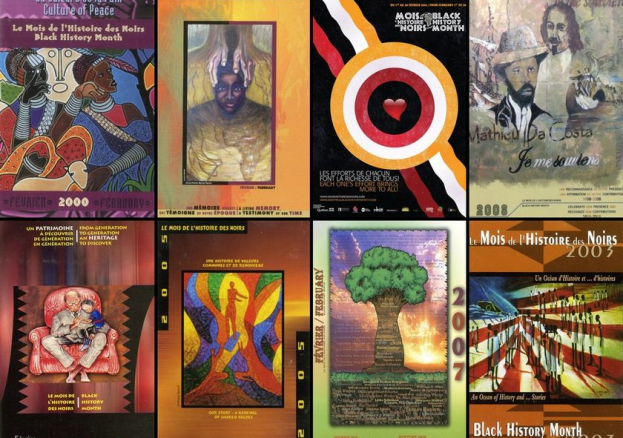
Black History Month is beginning, and as usual, for one month of an entire year, people of goodwill, regardless of pigmentation, will focus on celebrating the lives and accomplishments of black people.
Some will be shocked when told that some of the accomplishments and inventions that have always been assumed to have been the brainchildren of whites have actually emanated from the brains of blacks. So prevalent is the belief in the innate intelligence and skills of whites that even some blacks will turn to libraries and other sources of information in order to verify the veracity of what they have recently learned. Of course, researching information before accepting it as fact is good policy, and dealing with this issue requires tact and delicacy.
The issue is what happens after the “learnings” of February are over. As a general statement, what most students learn about the black experience is rooted in U.S. history, most frequently based on the vileness of slavery and its equally ugly aftermaths: Jim Crow laws; segregated lunch counters and drinking fountains; the murder of Martin Luther King; the murder of Malcolm X; race riots and the like. Very few reasonable people would argue that it is not important to know these facts, and few would protest that Canada and Quebec stand completely free of situations that led to blacks experiencing racism and racial discrimination. Nonetheless, there is much more to the black story than these events.
We have been, and continue to be, involved in all areas of human endeavour: We have invented, educated, healed, constructed, contributed to legal theory, sports, music, culture, arts, science and everything else of which the human mind is capable. This is not just “nice to know” information. Moreover, it is not only instrumental in helping black youth identify their place in Quebec and the world, but also informs everyone about these accomplishments.
The information identifies the shoulders upon which black youth stand and the accomplishments upon which they can build. Through this they are made fully aware that they need never bow their heads to anyone due to mistaken beliefs that blacks’ contributions to society are wanting. They, their friends and all of society must internalize the fact that simply because this history has not been taught, does not mean that it did not occur — and that it is not still being made.
I have no doubt that there is a desire on the part of all decent people to have Quebec be an inclusive society, in sentiment and in fact. But for that to occur all histories must be recognized; all groups and persons must be brought into the body politic; all contributions to the whole must be viewed as important; and pigmentation must not be used as an indicator of talent, abilities or intelligence.
Black youth need to have their past role models identified and exalted such that when a black person is identified as the creator of a thing or the developer of an idea, there is no more shock to this proclamation than if it had been stated that the instigator had been of European descent. Indeed, hopefully the time is not far off when it will be taken for granted that the originator of the thought or item under discussion could have been any individual, regardless of pigmentation.
In other words, black history is not a thing apart, it is an integral part of Quebec and Canadian history and as such, must be incorporated into school curriculums. Our youth deserve nothing less.
Myrna Lashley is the Quebec English-language spokesperson for Black History Month 2018. She holds a PhD in counselling psychology from McGill University, teaches in the Department of Psychiatry of McGill University and conducts research at the Lady Davis Institute of the Jewish General Hospital. myrna.lashley2@mcgill.ca
